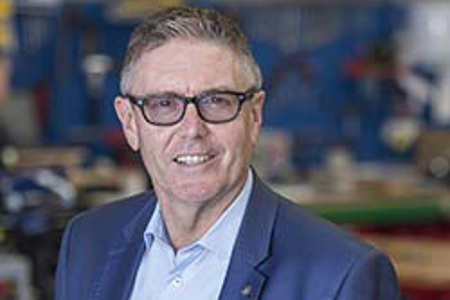
Reprioritising the Government’s Transport Strategy to focus on productivity, freight movement and reconnecting communities will be good for business, says the Employers and Manufacturers Association (EMA).
Chief Executive, Brett O’Riley, says the lack of resilience in the country’s infrastructure during the Anniversary Weekend flooding and Cyclone Gabrielle brought this into even sharper focus.
"It’s highlighted how crucial it is to keep many connections across the country, particularly those to Northland, Thames/Coromandel, parts of the Waikato and Bay of Plenty, and Gisborne and the Hawkes Bay. We can’t have communities and businesses cut off socially and economically for weeks at a time."
Transport Minister, Michael Wood, indicated the draft strategy would have high regard to climate change and lowering emissions, with a focus on giving people choices on how they travel.
Mr O’Riley says: "We need to focus much wider than roads, and rethink some of the environmental and economic priorities for our transport infrastructure.
"We have been advocating for a comprehensive transport strategy for a long time. One that adds resilience and capacity to our critical road networks and looks at expanding the capability of rail and other networks to move freight across the important Upper North Island economic powerhouse and the rest of the country," he says.
With the current focus on repairing flood and slip-damaged roads, the new transport strategy is set to be released for consultation within the next few months. The Government will also provide clarity around how it will be funded, including a potential increase in fuel excise tax and road user charges.
"Extending fuel tax cuts until June 2023 to ease cost of living crisis was welcome by businesses and individuals, but our transport issues carry economic and social ramifications that we need to consider in conjunction with the environment.
"Given what we have just experienced, do we also need to look at expediting the current RMA reforms? That would lead to some key projects that could increase our productivity," Mr O’Riley adds.









